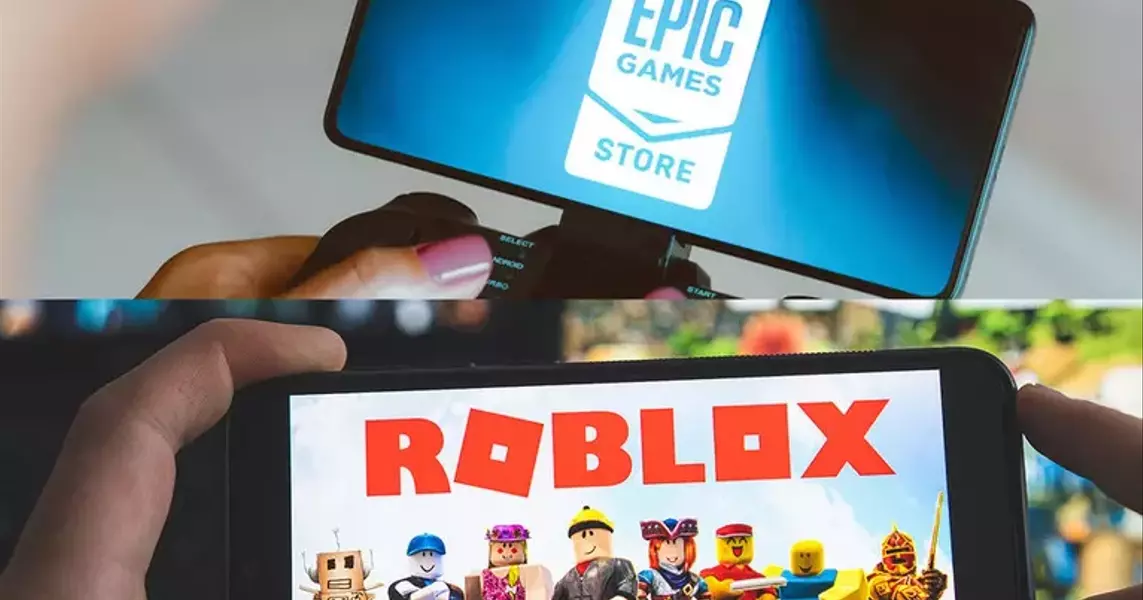Roblox & Epic Games Sued for Fueling Minors' Addictive Gaming Habits

Attorney's Perspective
Lead plaintiffs attorney Kiley Grombacher of Bradley Grombacher emphasized in a news release that Roblox and Epic Games are essentially transforming children into ATMs. They have failed to implement simple safety measures like adequate parental controls and warnings. Studies clearly show the dangers to young minds, yet these corporations prioritize profits over the well-being of children every day.Another attorney, Bryan Aylstock from Aylstock, Witkin, Kreis, & Overholtz, stated that the legal action was triggered by recent literature and news reports about how the gaming industry has preyed on some of our youth. The mental health community has even come up with criteria for video game addiction, which is an outgrowth of the companies' intentional actions to keep users hooked.
Complaint Details
The complaint contends that Roblox, a San Mateo-based company allowing users to program and play their own games, and Epic Games, the North Carolina-based maker of Fortnite, are strategically profiting from youth addiction. They frequently serve as the gateway to an addiction cycle and disordered relationship with video games. Users can make in-game purchases on both platforms.It is asserted that there are easy solutions to prevent addictive engagement with video games that these companies have deliberately chosen to bypass. Game developers have consulted with behavioral psychologists and child development specialists to formulate game designs that use operant conditioning to trigger the release of dopamine, associated with hyperfocus and addictive behavior. The companies also use patented algorithmic programming technologies to provide spending incentives and fuel in-game purchases.
Impact on Minor
According to the complaint, IHG, who was 12 at the time of filing and started playing games at eight, has developed an addictive relationship with both Roblox and Fortnite. This has led to severe emotional distress, diminished social interactions, lack of interest in other hobbies, and withdrawal symptoms.Studies, such as 2020 research published in The Oxford Handbook of Digital Technologies and Mental Health, have found that "gaming disorder" can lead to addictive behaviors and impact cognitive function. While the World Health Organization classifies "gaming disorder" as a legitimate health condition, it notes that it affects only a small proportion of online or video game users. A 2024 Pew Research Center study cited in the suit shows that 85% of American teens play video games and have a mix of positive and negative experiences, including online bullying and harassment, poor sleep, and improved problem-solving and social skills.
Legal Proceedings
Though a cluster of suits targeting the gaming industry has similar concerns and arguments to the ongoing social media adolescent addiction multidistrict litigation in California, the Judicial Panel on Multidistrict Litigation rejected the proposal to consolidate 15 cases filed in 10 federal courts. The panel said its decision was not based on an insufficient number of actions but the lack of common factual questions.The plaintiffs in this complaint against Roblox and Epic Games are seeking general, exemplary and punitive, past and future economic and special damages; medical and related expenses; prejudgment interest; attorney fees and costs; and injunctive relief. They aim to hold the gaming industry accountable for the damage done to children and ensure that necessary changes are made to prevent addiction.
Roblox and Epic Games have not yet responded to requests for comment. This action was surfaced by Law.com Radar, which delivers artificial intelligence-enhanced case summaries and daily case reports from over 2,200 state and federal courts.